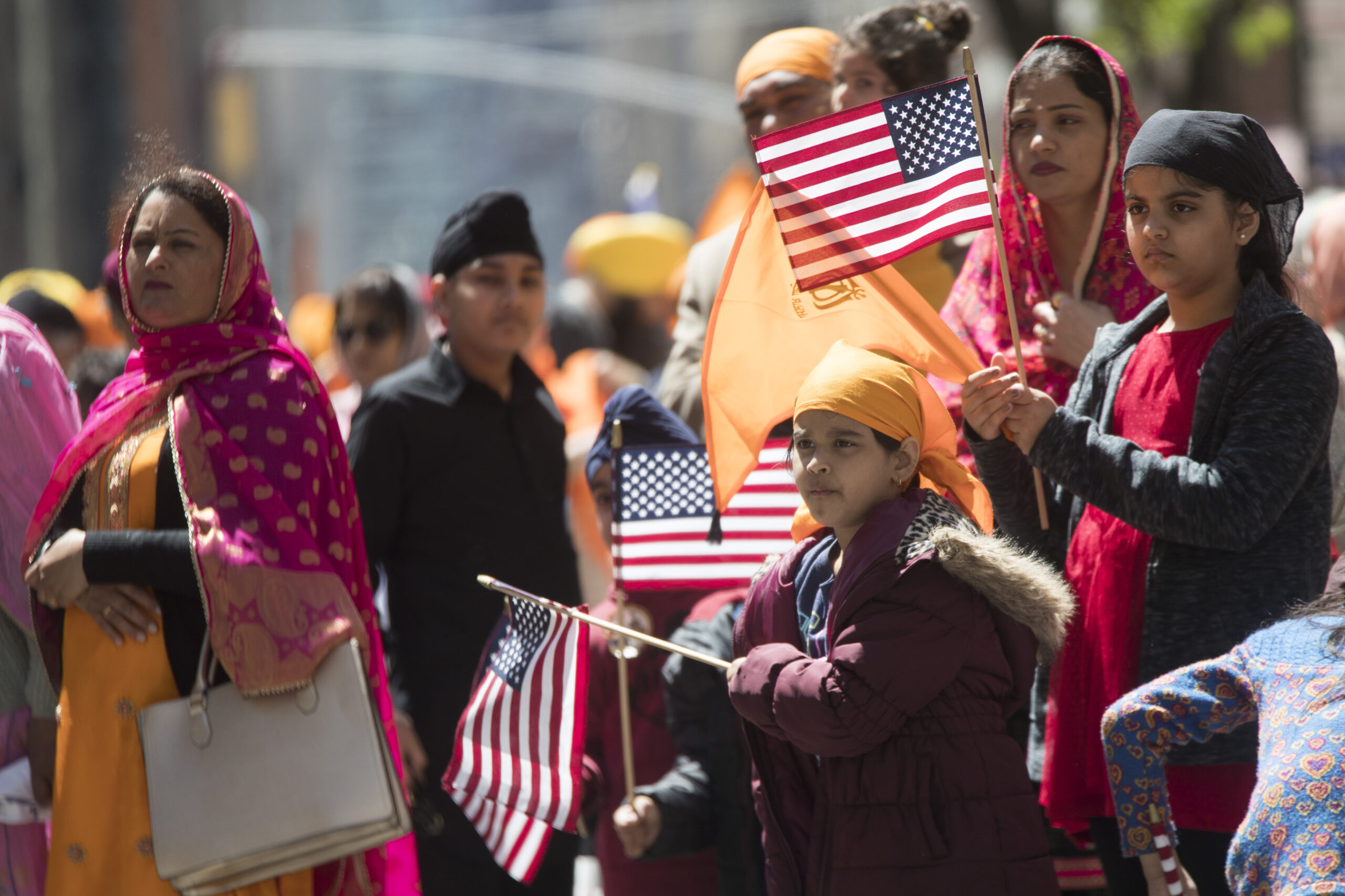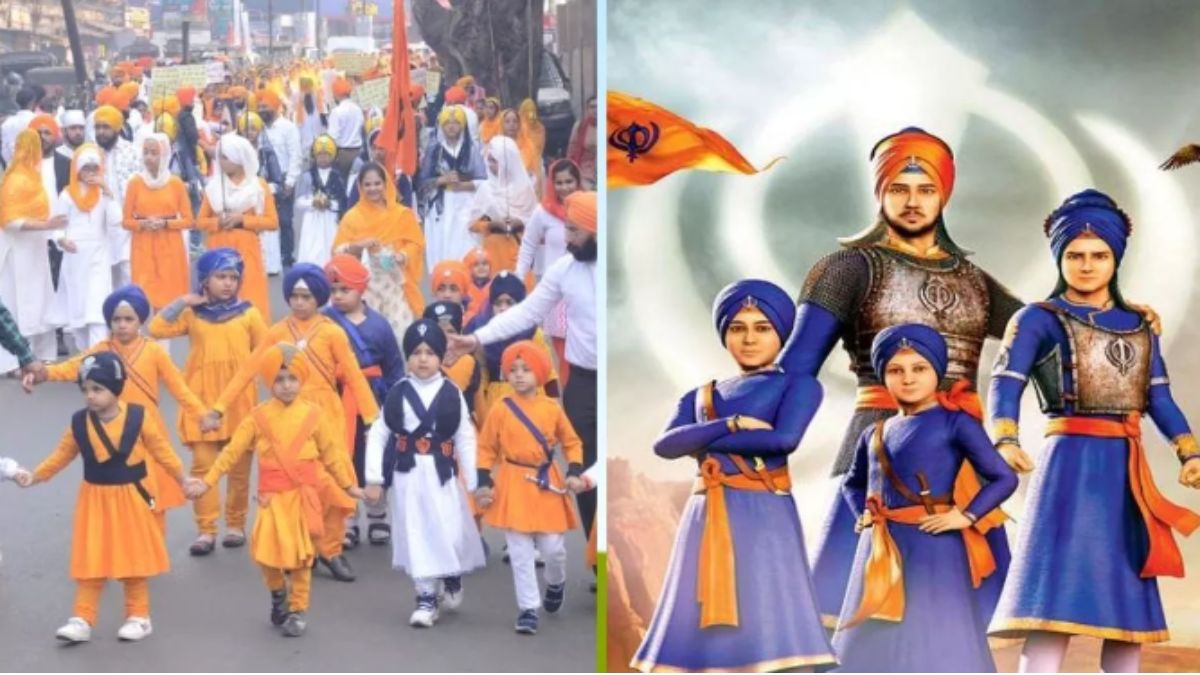About six in ten Asian adults (58%) say they have ever experienced racial discrimination or been treated unfairly because of their race or ethnicity, according to Pew’s new analysis of a multilingual, nationally representative survey of 7,006 Asian adults conducted from July 5, 2022 to Jan 27, 2023.
Despite being portrayed as a “model minority” most Asian Americans experience discrimination in many parts of their day-to-day lives with half of Indians saying they have experienced racial discrimination, according to a new report.
Specific discrimination incidents include interpersonal encounters with strangers; at security checkpoints; with the police; in the workplace; at restaurants or stores; and in their neighborhoods, according to a new survey by Pew Research Center.
About six in ten Asian adults (58%) say they have ever experienced racial discrimination or been treated unfairly because of their race or ethnicity, according to Pew’s new analysis of a multilingual, nationally representative survey of 7,006 Asian adults conducted from July 5, 2022 to Jan 27, 2023.
This includes 53% of Asian adults who say they have experienced racial discrimination from time to time and 5% who say they experience it regularly.
Specifically, 67% of Korean adults say they have experienced racial discrimination, higher than the shares among Vietnamese (57%), Filipino (55%) and Indian (50%) adults.
About 26% of Indian adults say strangers have called them offensive names, a lower share than other origin groups.
53% of Asian adults who say they have experienced racial discrimination from time to time and 5% who say they experience it regularly
About 79% of Indian adults say a stranger has mispronounced their name, a higher share than among other ethnic origin groups.
In their daily lives, 52% of Asian Americans say they have experienced at least one of three discrimination incidents in which a stranger treated them like a foreigner.
About 49% of Korean Americans say strangers have acted as if they didn’t speak English in day-to-day encounters, compared with smaller shares of Chinese (40%), Filipino (37%), Indian (32%) and Japanese (26%) adults.
About three-in-ten or more Korean, Chinese, Indian and Vietnamese adults say someone has told them to go back to their “home country.” About one-quarter of Filipino and Japanese adults say the same.
More than half of Asian adults (55%) say they have not heard of the term “model minority.” Just under half (44%) say they have heard of the term.
About half of Korean and Chinese adults say they have heard of the term, while only about one-third of Indian adults say the same.
About 68% of Indian adults say strangers have assumed they are good at math and science, a higher share than among most other origin groups.
About three in ten Vietnamese (31%), Japanese (28%) and Filipino (28%) Americans and about two in ten Indian adults (21%) say they know another Asian person in the US who has been the victim of a racially motivated threat or attack since the Covid-19 pandemic began in 2020.
About six in ten Filipino (64%), Chinese (63%) and Korean (62%) adults say discrimination against Asians is a major problem. A smaller share of Indian adults (44%) say the same.
************************************************************************
Readers








